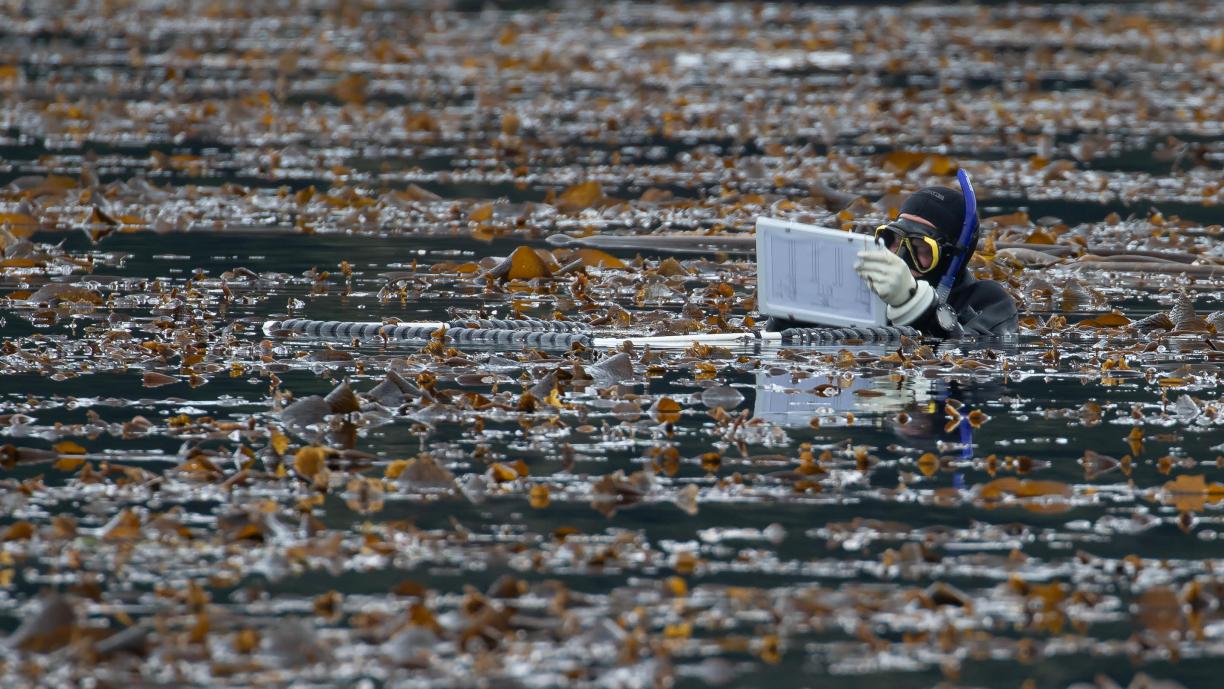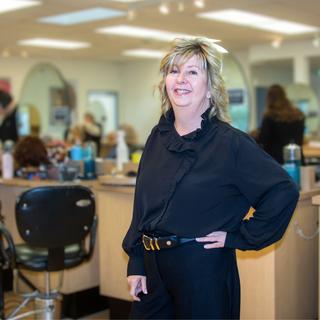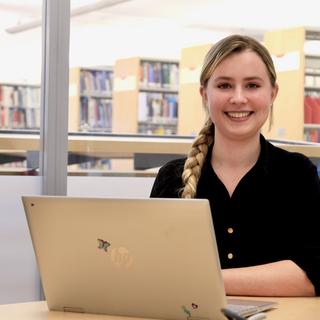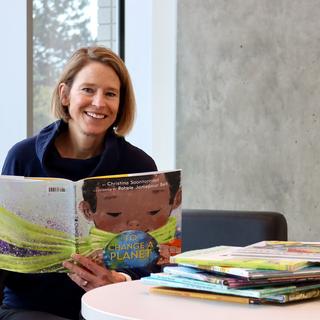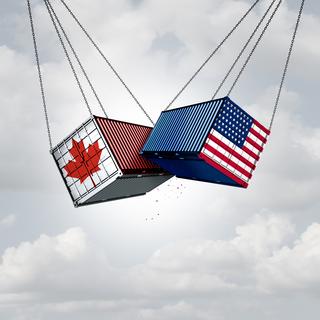Brian Timmer conducts kelp research. Markus Thompson Photo
As a SCUBA instructor at Sundown Diving, Brian Timmer swam amongst the kelp forests in the waters of Nanoose Bay. During heatwaves in 2014 and 2015, he witnessed those kelp forests disappear.
A few years later while attending Vancouver Island University, he worked for the Mount Arrowsmith Biosphere Region Research Institute on a kelp restoration project, studying kelp forests and nearshore ecosystems. Since that time kelp forests have been a cornerstone of his research.
Timmer graduated from VIU in 2019 with a Bachelor of Science, Major in Biology. He is now a PhD student in The Baum Lab at the University of Victoria and a National Geographic Explorer. He was recently named a Trebek Initiative Grantee and awarded $26,097 for his research project, Underwater forests in a warming sea: Exploring 50 years of change to critical nearshore habitat in the Salish Sea.
The Trebek Initiative funds projects that aim to preserve Canadian and Indigenous land, wildlife, water, culture and history. It is a collaboration between The National Geographic Society and The Royal Canadian Geographical Society.
We caught up with Timmer to talk about the award, his research and what he’s been up to since graduating.
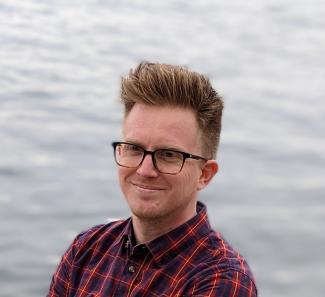
How does it feel to be selected as a National Geographic Explorer and Trebek Initiative grantee?
It feels amazing! I originally applied for funding through the National Geographic Explorer program. About a month before the award was announced the people from the Trebek Initiative reached out to me to let me know they are collaborating with National Geographic on joint funding opportunities within Canada. Both National Geographic and Alex Trebek were huge influences on me growing up, so it is both humbling and validating to be selected to be in these programs.
Tell us about your research on underwater forests.
It’s no secret by now that warming oceans are a major threat to kelp forests, but we rarely have high-resolution imagery to build baselines for historical kelp forests, and it is even rarer to have detailed historical data on the seaweed communities associated with these kelp forests. My project uses aerial imagery from half a century ago to understand how kelp forests have changed in a rapidly warming Salish Sea. We are also resurveying historical intertidal and SCUBA transects to understand changes to about 100 other species in these nearshore communities over the same period of time.
The project is highly collaborative and has given me the opportunity to work closely with the Hakai Institute. We have also had a ton of logistical support from the Bamfield Marine Science Centre and The Kelp Rescue Initiative. By better understanding these historical baselines, the aim is for this research to support kelp forest restoration decisions that will be led by the Kelp Rescue Initiative.
Why did you choose VIU for your education?
When I decided to go back to school, I had to do a whole year of high school upgrades to apply for the Bachelor of Science undergraduate program. I did those upgrades in VIU’s Adult Basic Education program and really enjoyed the instructors there. It was a natural fit to continue my education at VIU. The fantastic instructors in both the Biology and the Fisheries and Aquaculture departments left me with no doubt I was in the right place.
Can you share a highlight of your time at VIU?
Hard to pick just one highlight, but it would probably have to be all the cool work and volunteer opportunities I was given. I volunteered culturing phytoplankton and got summer jobs working with both the Mount Arrowsmith Biosphere Region Research Institute and the Deep Bay Marine Field Station. All these opportunities gave me diverse but practical skill sets that I carried forward into grad school.
How did your program prepare you for further studies in your field?
The small class sizes and having professors who genuinely care about each student lends itself to a super constructive classroom atmosphere. Even though VIU is a smaller university, the level of instruction is world-class. We had a ton of hands-on labs and field trips, things that just wouldn't be possible in larger institutions with big class sizes – especially through some of the Fisheries and Aquaculture courses – and I was gaining skills and experiences in my first and second years of undergrad that other students at bigger universities might not get to learn until their third or fourth years.
What have you been up to since graduating?
I have been doing all sorts of research – much of it using aerial drones and underwater remotely operated vehicles. I recently finished my Master of Science in Geography at UVic, focused on using remote sensing to monitor kelp forests. Last fall I started my PhD, also at UVic, in the Biology department with Dr. Julia Baum. The overarching objective of my PhD thesis is using historical ecology (for example, old data and photos from the archives) to understand changes to nearshore ecosystems in the context of climate change.

